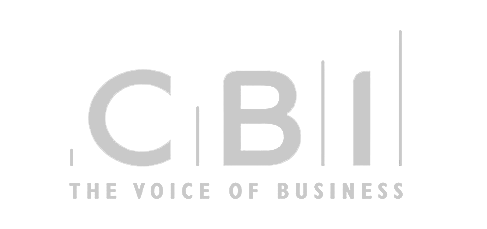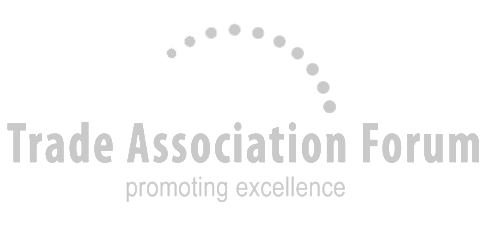Apprenticeship Levy – Fighting for Supply Agencies
The Apprenticeship Levy is set to apply in May 2017. ARC believes the levy will hit supply agencies particularly hard and is grossly unfair. This is for three reasons.
Disproportionate
The levy is calculated not only on payroll for an agency’s regular staff, e.g. sales consultants and admin, but also on the payroll for supplied agency workers. As 80% to 90% of agency’s turnover consists of agency worker payroll, the levy contribution will apply to that percentage of total income. In addition it will be calculated on your regular employee payroll, making the contribution even greater. Contrast that with a regular employer’s payroll where the ratio of payroll to turnover is much less, typically 30%. This means that agencies will be levied on a far higher proportion of turnover than any other kind of business.
Aggregation is unfair
Agencies themselves do not use the workers but the hirers do. By imposing the levy on the agency payroll, rather than the hirer payroll, the effect is that the levy ‘load’ is not shared but instead is lumped into one place, namely aggregated.
Taking the simplistic example of 10 hirers using 10 agency workers each at £50k per worker for 1 year.
Load spread. Agency worker payroll for one hirer is £500k, which would be added to that hirer’s other payroll. There would be no levy contribution from the hirer unless the hirer’s other payroll exceeds £2.5m as the levy free allowance is for payroll up to £3m. The same would apply per hirer, so where 10 companies each take up the £3m allowance, the total allowance is in practice £30m. No levy is payable at all unless any one has an internal payroll which exceeds £2.5m. In that event the levy is only payable on the excess by that hirer.
Load aggregated. Agency’s total payroll is £5m for those agency workers. The allowance of £3m is now used up, so the levy is on the remaining £2m, 0.5% of which is £10k already to be paid into the levy fund. 100% of internal staff payroll is subject to the levy no matter how small the agency is.
Conclusion. Therefore aggregation is plainly prejudicial and unfair as it denies the agency an equal allowance. It certainly denies the agency the same rights as ‘large employers’, who were the supposed targets in the 2015 consultation.
Distortion of the market place
The levy is likely to discourage growth within smaller agencies, and to encourage all agencies to promote direct hire, so interfering with agency worker rights, and destabilising agency workers who may prefer an employment relationship with the agency. It may also encourage the use of limited companies as vehicles for workers to work through, contrary to stated government policy. There may be resultant changes in capital valuation if these different methodologies apply and in any event indicators are the effect of the levy will result in a significantly lower net profit, again affecting value and inward investment.
Change required
Our members do not object to payment of the levy on their own employees and workforce who are not agency workers. This is in line with all other employers in the UK. However the imposition of the levy on the agency worker payroll element is inappropriate particularly when the government can use other more equitable ways of recovering the same values.
When you add this measure to other current measures, such as tax and IR35 in the public sector, it’s time to persuade the government to treat our industry fairly. Read more about this in our Manifesto 2016
Help us get your voice heard by joining ARC as a core member. Call us on 01273777997.



